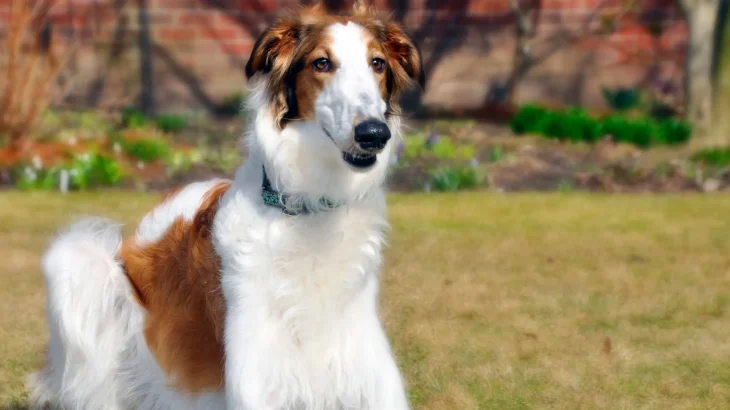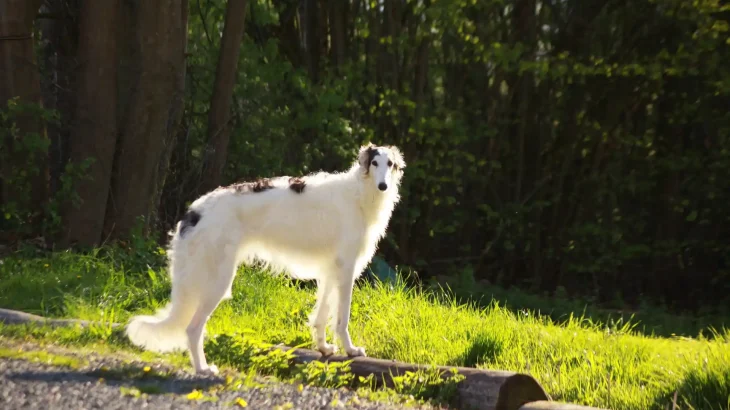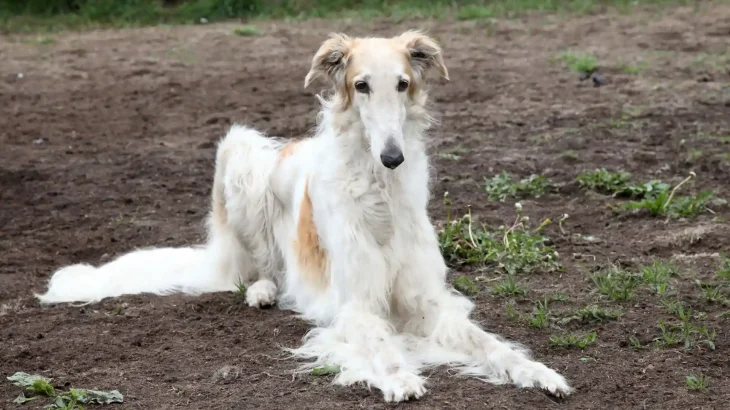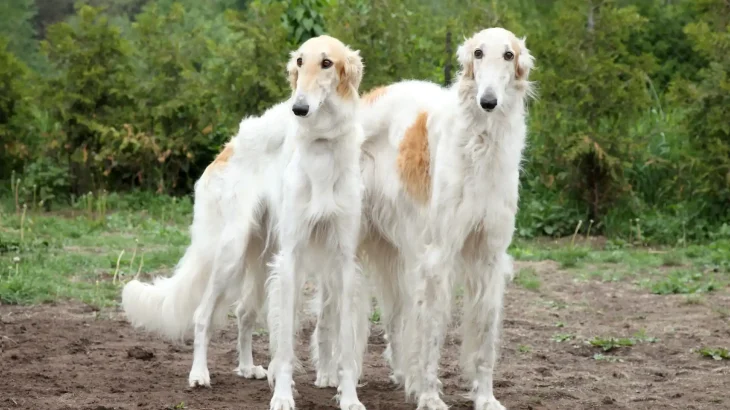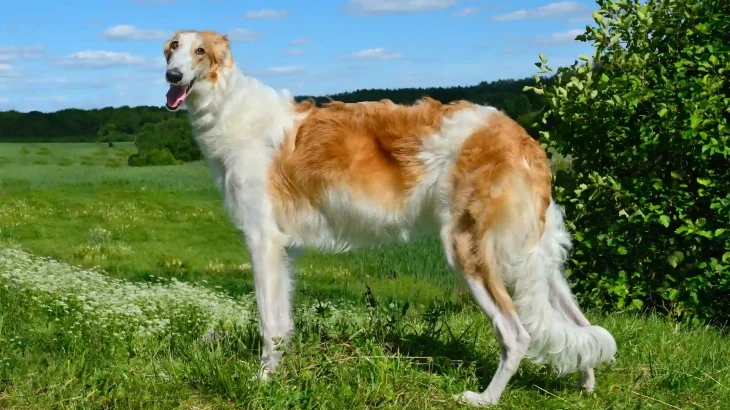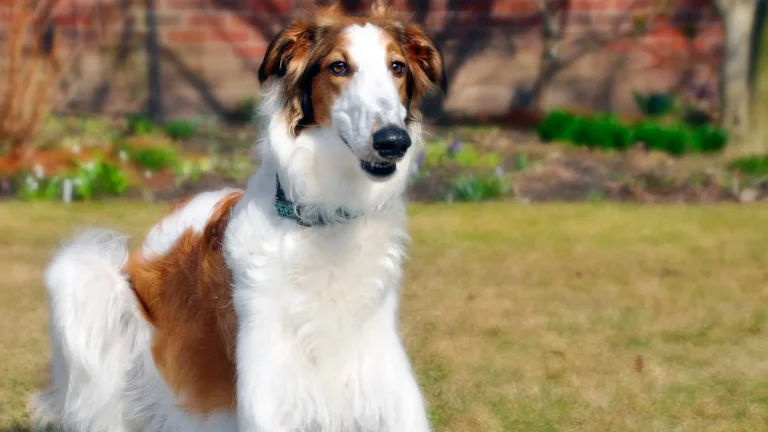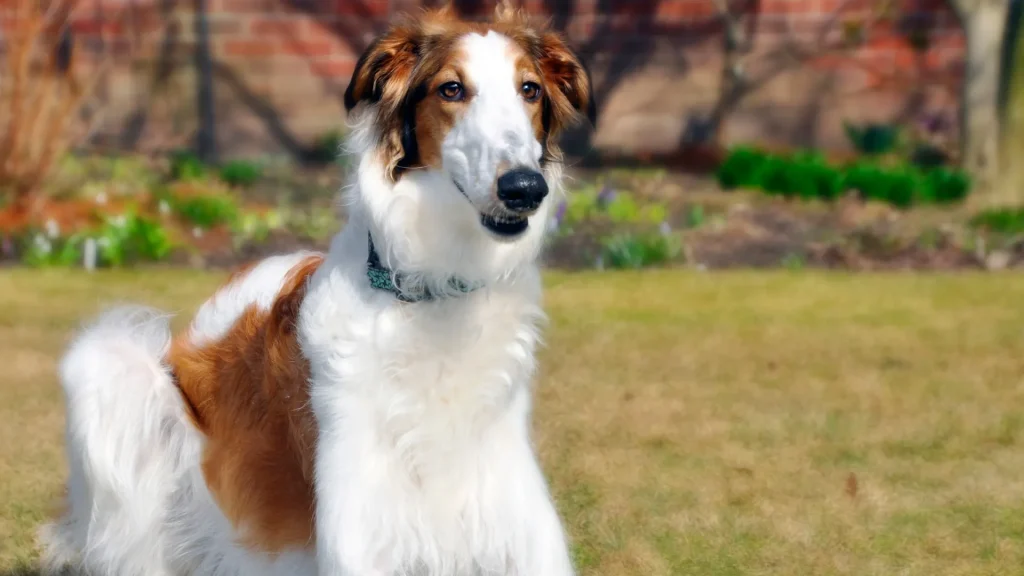Deciding whether to bring a Borzoi puppy home through adoption or purchase from a breeder depends largely on what you prioritize as an owner. Adopting often offers a more budget-friendly way to provide a loving home, whereas buying from a breeder generally ensures detailed health and lineage information specific to the breed.
Adoption vs. Breeder: Pros & Cons
| Criteria | Buying from Breeder | Adopting from Shelter/Rescue |
|---|---|---|
| Cost | Higher initial cost due to purebred status and breeder care. | Lower fees, often including spay/neuter, vaccinations, and microchipping. |
| Health History | Comprehensive health screening, including genetic testing for common conditions. | Basic health checks done; full health history may be limited or unknown. |
| Age Availability | Primarily puppies, allowing you to raise the dog from a young age. | Variety of ages including adults; may not get a puppy. |
| Temperament Insight | Breeders provide info on lineage temperament trends. | Behavior assessments from shelter staff; full background often unknown. |
| Supporting Practices | Supports responsible breeding when choosing ethical breeders. | Supports rescue efforts and reduces shelter population. |
| Ethical Considerations | Risk of supporting puppy mills; requires careful breeder research. | Offers a home to a dog in need and discourages overpopulation. |

